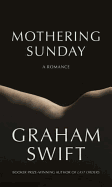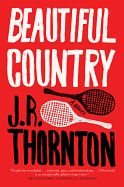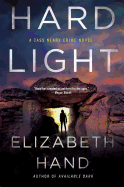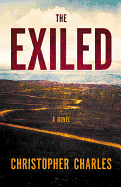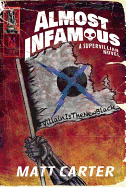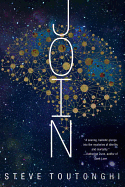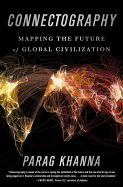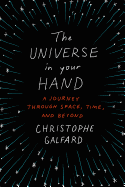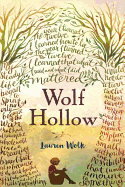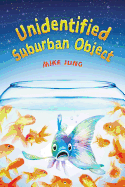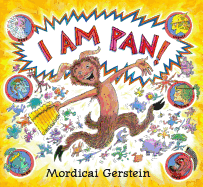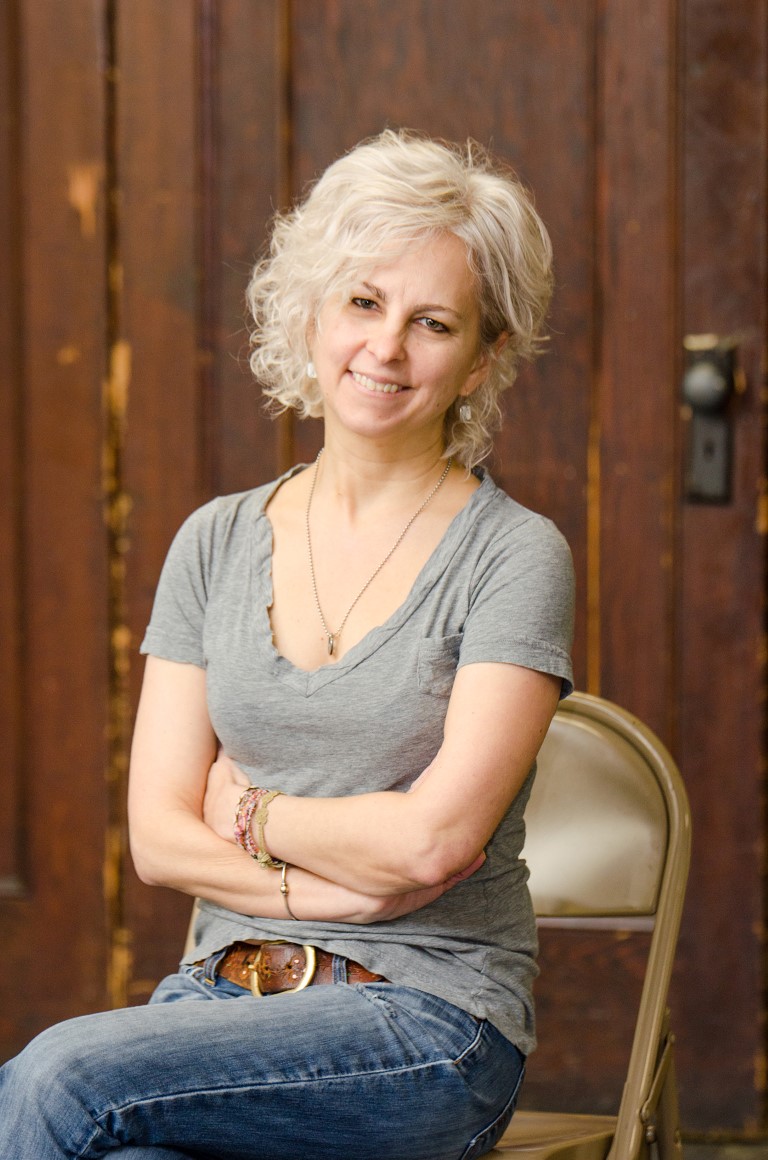 |
| photo: Catherine Smith |
Kate DiCamillo won a Newbery Honor for Because of Winn-Dixie (2001) and Newbery Medals for both The Tale of Despereaux (2004) and Flora & Ulysses (2014). She recently ended her two-year term as National Ambassador for Young People's Literature, appointed by the Library of Congress. DiCamillo spoke with Shelf Awareness about her new novel, Raymie Nightingale (Candlewick), from her home in Minneapolis.
You've said that Raymie Nightingale is your most autobiographical novel to date--"the absolutely true story of my heart." Was that planned, or is that just how the novel unfolded?
I did not plan on that! It started off for me with just the concept of the Little Miss Central Florida Tire Contest, and I thought that was so funny. It was going to be about this inept kid, i.e., Raymie, who couldn't win a Little Miss contest to save her life, i.e., me. I had [Beverly Cleary's] Ramona in mind, not that you could ever aspire to Ramona-ness, but there was that spirit to it.
The story changed and became more and more true for me. It's all made up, but there's this feeling of "You're responsible for your parent leaving, and you are responsible for getting your parent back." And the book became that. Really, the book is probably the result of a PowerPoint presentation. I've stood up in front of so many kids and talked about my childhood, and my father leaving, that I think talking about these things out loud is also part of where Raymie came from.
It's weird to think that since Raymie is set in 1975 Florida, it could be considered historical fiction.
No kidding! It's not only that we're adults and it's not only that we're middle-aged--we're past middle-aged. How did that happen? I still feel like I'm 8, 9, 10. I'm still that kid, I think.
That's why you write like you do, maybe.
I remember in one of the first interviews I did for Because of Winn Dixie, the interviewer said, "Now how do you get into the mind of a 10-year-old child?" And I was just gobsmacked by the question because for me the answer was so obvious: "Because I was one." But maybe I'm stuck back there more than other people. I just remember it so clearly.
Raymie's soul is often expanding and contracting. Tell us about that.
You are so brilliantly, fully alive when you're a kid. Everything is fraught with meaning. Everything is also gorgeous and terrifying. That's so much a part of what's going on with Raymie. And that's very much me. I'm just articulating that hugeness and immediacy of everything. Remember? This is what it's like to be a kid. There's a terror implicit in it. You learn to muffle those feelings as you get older, and you need to, in a way.
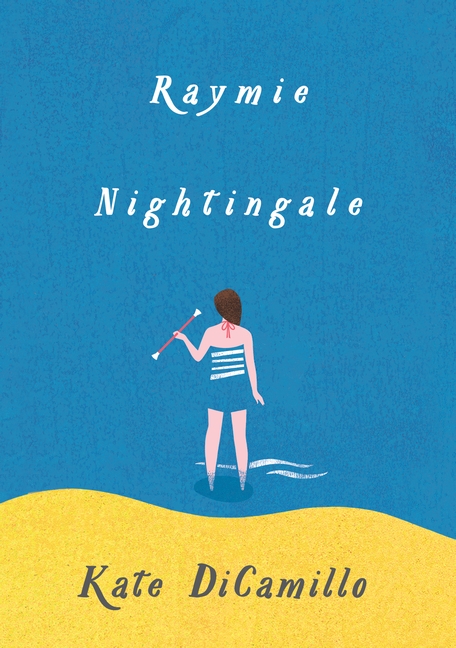 You competed in the Little Miss Orange Blossom contest when you were a child in Florida.
You competed in the Little Miss Orange Blossom contest when you were a child in Florida.
The one thing I remember clearly is a feeling of understanding who I was... and that I was in the wrong place. Time has drawn a merciful veil over the rest of the proceedings. I did take baton lessons, and I was a kid who had a hard time telling left from right much less twirling a baton while going left and right. I just remember the baton in the back of my closet, with dents in it. Which makes me think of Beverly Tapinksi who was always using it to beat someone up.
How would you describe Raymie Clarke to someone who hasn't read the book?
I would say, that child is so me. She's interior, she's worried, she's afraid, she's shy, she's hopeful and she's more capable than she knows she is.
You have an unusually clear style of writing--you zero in on the heart of a character. Is this a reflection of you as a person, or is it just how you like to write your stories?
I have a direct style and I zero in on the heart of things? That's so nice. Is that how I am as a person? No. I always think the writing is smarter and better than I am. It's the best part of me. If it is a direct style--and I would love to think that it is--it's from just massive amounts of rewriting and stripping it down. I'm always after that thing that E.B. White does: one of his words does the work of 10 words from somebody else. He put the whole weight of his soul on a word. That's the pie-in-the-sky dream, to try to do it that way.
Repetition--the deliberate kind--is central in your books. In Raymie, the refrain relates to her expanding soul. Any light you can shine on that?
I guess I do do that. And why do I do it? I don't know! I'm always at the end of something before I turn it in. At that point I'm doing nothing but reading out loud as I write, so there's a rhythm that I'm always looking for. Maybe that is part of the repetition. A leitmotif? It's that thing I keep on returning to, to unify, I guess. I truly don't know what I'm doing. I feel like I'm walking down a dark hallway and I can see light underneath the door and I know what direction I'm heading as I get closer and closer to that door, which is the end of the book. I'm instinctually making my way, so it's fascinating to hear what I do because I don't know it.
I loved how Raymie's focus was completely on the baton-twirling contest, and then it slid into the book rescue, then it slid into the cat rescue.
Again back to me and the long dark hallway! Because, in writing it, I thought, what happened? I thought it was going to be about this contest, but increasingly, it's not. It's about trusting people and making friends with people. And so I was worried from a plot perspective that the contest had gone away, but all I could do was follow these girls and their preoccupations.
In Raymie Nightingale, there's the elderly woman in the assisted-living facility who repeatedly screams "Take my hand!" Was there a particular memory that inspired these haunting cries?
We would take field trips as kids in the '70s and that's one of the things we would do--go to the nursing home and sing. We'd be singing "Make new friends and keep the oo-old" and someone would be screaming in the background and that would make me keel over sideways in terror. We had to pretend like screaming wasn't going on. There you were in the middle of it singing "Kumbaya."
Do you feel different after having served as National Ambassador for Young People's Literature for two years?
It made me feel so much more connected. Everybody talks about kids and how they're not reading, and I realize that I'm just seeing a select group but, boy, stories matter to kids. They do read. And they are passionate about stories. Stories matter and talking about stories matters. Reading stories together matters. It was a wonderful experience for me.
Did that role shift your perspective on anything?
For me personally, to accept that role, something so large and so public, was a big thing because there's a part of me that still can't believe what's happened to me. To accept that role also meant that I accepted who I am and what I do, as unbelievable as it is.
You have a 20-city tour coming up for Raymie Nightingale. Are you excited about that?
It's like when you're signing books and you know there's a long line of waiting people there. Don't look at the line. It's just... this face, this child, this face, this child. You think, how could it be that this happened, this kid standing in front of me clutching a book that I wrote, too excited to speak? That's a gift, to go out there on tour... and that's what I remember. Not "20 cities." --Karin Snelson, children's & YA editor, Shelf Awareness
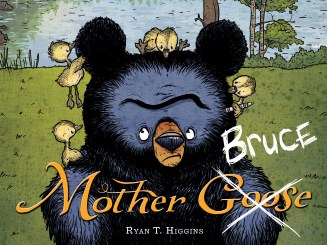 "Ryan T. Higgins's Mother Bruce (Disney-Hyperion) is a book my children would give to me," says Joan Trygg from Red Balloon Bookshop in St. Paul, Minn. "Bruce is a bear, and he is a grump. All he wanted was breakfast. What he got was goslings, who immediately called him Mama. Bruce learns the trials and joys of motherhood, and what happens when the little ones grow up."
"Ryan T. Higgins's Mother Bruce (Disney-Hyperion) is a book my children would give to me," says Joan Trygg from Red Balloon Bookshop in St. Paul, Minn. "Bruce is a bear, and he is a grump. All he wanted was breakfast. What he got was goslings, who immediately called him Mama. Bruce learns the trials and joys of motherhood, and what happens when the little ones grow up."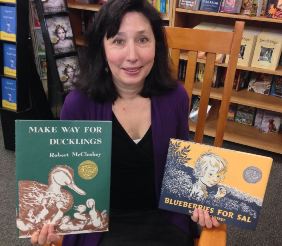




 You competed in the Little Miss Orange Blossom contest when you were a child in Florida.
You competed in the Little Miss Orange Blossom contest when you were a child in Florida. 